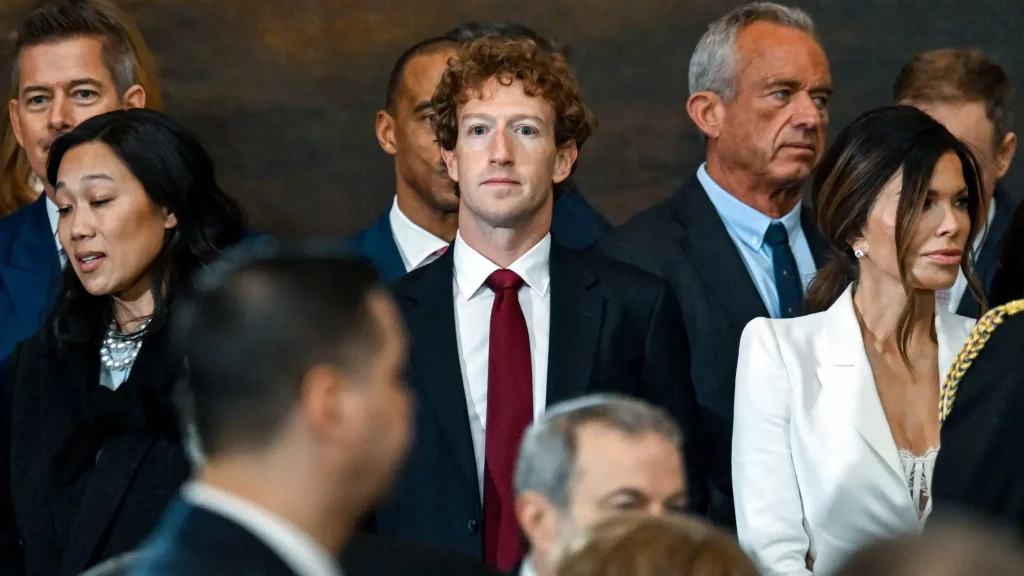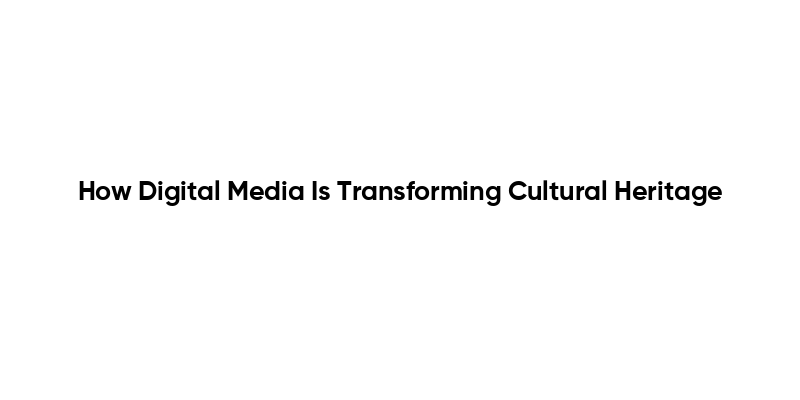During a recent antitrust trial, Facebook founder Mark Zuckerberg made startling declarations regarding the state of social media, proclaiming that social media is fundamentally over. This assertion encapsulates a broader narrative about the significant social media changes underway, particularly as Meta grapples with scrutiny over its past acquisitions and current practices. Zuckerberg highlighted how platforms like Facebook and Instagram have shifted from being primarily about interpersonal communication to serving more as channels for entertainment and informational content. The ongoing Meta antitrust trial brings to light essential questions about the future of social networks in a rapidly evolving digital competition landscape. With Zuckerberg’s candid acknowledgment, it becomes clear that the social media we once knew is transforming into something markedly different than its original intent.
In light of Mark Zuckerberg’s recent statements, the landscape of social networking appears to be undergoing a critical transformation. The evolution of these digital platforms signifies an important shift away from their foundational purpose of fostering genuine connections among users, leading to a re-evaluation of what social media represents today. As platforms prioritize content consumption over interaction, we find ourselves questioning the very definition of social engagement online. This paradigm shift not only impacts user experience but also shapes the competitive dynamics within the tech industry, highlighting the influences at play in the current digital competition landscape. Such changes present a pivotal moment for stakeholders to reconsider their roles and strategies within this newly defined environment.
The Transformation of Social Media Under Mark Zuckerberg’s Vision
Mark Zuckerberg’s testimony at the recent Meta antitrust trial has spotlighted a critical evolution in social media. Originally designed as platforms for interpersonal connections, today’s networks have morphed into sprawling content hubs. Zuckerberg conceded that social media is no longer the engaging social experience it once was, as metrics reveal a steep decline in the time users spend interacting with friends. Instead, much of our online time is consumed by content curated for mass entertainment. The shift towards this new model reflects a broader change in the digital landscape that has shifted the focus from community to consumption.
This transformation has significant implications for the future of social networks. With platforms like Facebook and Instagram blending into a single content-streaming services model, their roles as social media are under scrutiny. Zuckerberg’s perspective during the trial points to a pressing need for innovation and adaptability in an era characterized by fierce digital competition. As the community-driven essence of social media fades, businesses and creators alike must consider how to capture user engagement amidst a backdrop of increasing competition from platforms like TikTok and YouTube.
Frequently Asked Questions
What is Mark Zuckerberg’s perspective on the recent social media changes?
During the recent Meta antitrust trial, Mark Zuckerberg expressed that social media has fundamentally changed. He highlighted that platforms like Facebook and Instagram have shifted from personal social networking to more of a consumption-based digital experience, with users spending less time interacting with friends and more on general content.
How does Mark Zuckerberg’s testimony reflect on the future of social networks?
In his testimony, Zuckerberg suggested that the future of social networks is uncertain as they evolve to compete with a wide array of digital content and competitors like TikTok and YouTube. He noted that social media, as it was known in the past, has morphed into a more entertainment-focused arena rather than a space for personal interactions.
What did Mark Zuckerberg reveal about Meta’s approach to the digital competition landscape?
Zuckerberg revealed that Meta views the current digital competition landscape as diverse and highly competitive, arguing that it doesn’t maintain a monopoly in social networking. He pointed out that the characteristics of social media have changed, making it more challenging to define competitors clearly.
How did the F.T.C. counter Mark Zuckerberg’s claims about Meta’s market position?
The F.T.C. argued that Meta’s acquisitions of Instagram and WhatsApp have contributed to a lack of competition in the personal social networking services market. They contend that Meta’s dominance stifles innovation and restricts consumer choice, contrasting Zuckerberg’s claims that social media has fundamentally changed.
What implications might Mark Zuckerberg’s comments have for the Meta antitrust trial?
Zuckerberg’s comments may impact the trial by illustrating that the definition of social media has evolved. This argument could challenge the F.T.C.’s claims of monopolistic practices and could potentially weaken their case, as the markets and user preferences have shifted significantly.
What did Mark Zuckerberg say about the evolution of interpersonal communication on social media?
Zuckerberg acknowledged that interpersonal communication on platforms like Facebook has declined, with users spending less time engaging with friends’ content. He pointed out a significant shift towards content consumption that resembles traditional media rather than personal connections.
How might digital competition affect the strategies of companies like Meta according to Mark Zuckerberg?
According to Zuckerberg, the rise of competitors like TikTok necessitates that Meta adapt its strategies in response to the changing digital competition landscape. He emphasized that platforms must innovate and provide engaging content to stay relevant in a marketplace filled with diverse offerings.
What did Zuckerberg suggest about the potential breakup of Meta in his testimony?
Zuckerberg indicated that Meta might face antitrust pressures that could lead to a breakup of its platforms. He mentioned a memo from 2018 discussing how spinning off Instagram could yield better outcomes for the company, hinting at recognizing potential regulatory changes.
Why is the F.T.C. challenging Mark Zuckerberg’s claims about Meta’s market dominance?
The F.T.C. is challenging Zuckerberg’s claims by asserting that Meta’s acquisitions and current market strategies have harmed competition in the social networking space. They argue that Meta’s practices limit consumer choice and stifle innovation, a stance that contradicts Zuckerberg’s defense of their competitive position.
What impact could generative AI have on the future of social media, as mentioned in the context of Zuckerberg’s testimony?
Zuckerberg’s testimony raised concerns about the impact of advancements like generative AI on social media’s traditional models. As companies develop new technologies and platforms, the nature of social media may shift further away from user-generated content, requiring a reevaluation of current social networking strategies.
| Key Point | Details |
|---|---|
| Social Media’s Transformation | Zuckerberg asserts that platforms like Facebook have evolved from social networking sites to media platforms focused on entertainment and learning. |
| Decline in Social Interaction | Metrics show a significant drop in time spent viewing content from friends on Facebook (22% to 17%) and Instagram (11% to 7%). |
| Antitrust Issues | The F.T.C. claims Meta maintains a monopoly by acquiring competitors like Instagram and WhatsApp, but definitions of the market are unclear. |
| Market Competition | Zuckerberg argues that social media, as it was known, no longer exists, and competition is broad across platforms like TikTok and YouTube. |
| Zuckerberg’s Testimony | He recognized the shifting nature of social media and suggested previously spinning off Instagram to enhance competition. |
| Future of Social Media | Anticipated challenges include the rise of generative A.I. and the potential banning of TikTok, reshaping digital communication. |
Summary
Zuckerberg on Social Media Overhaul reflects a significant shift in the nature and perception of social media platforms. During recent testimony at Meta’s antitrust trial, Zuckerberg articulated how traditional social networking has been overshadowed by a prevalence of entertainment-focused content. He acknowledged statistical declines in personal interaction metrics on platforms like Facebook and Instagram. Amidst ongoing antitrust scrutiny, he contended that the landscape of social media has evolved beyond a singular definition, with fierce competition from a variety of platforms. The future of social media continues to be uncertain, highlighted by technological advancements like A.I. and implications of regulatory actions.



